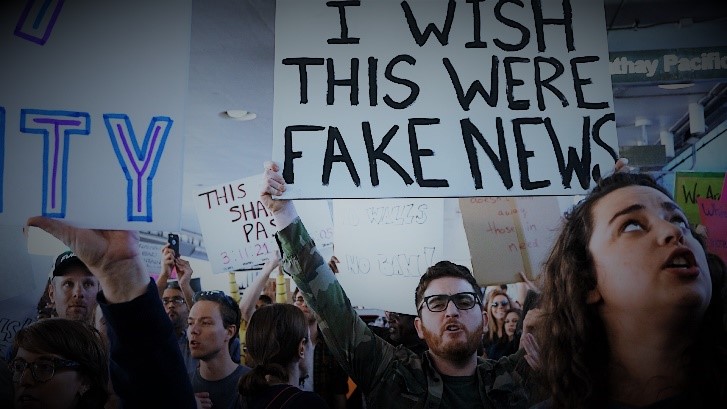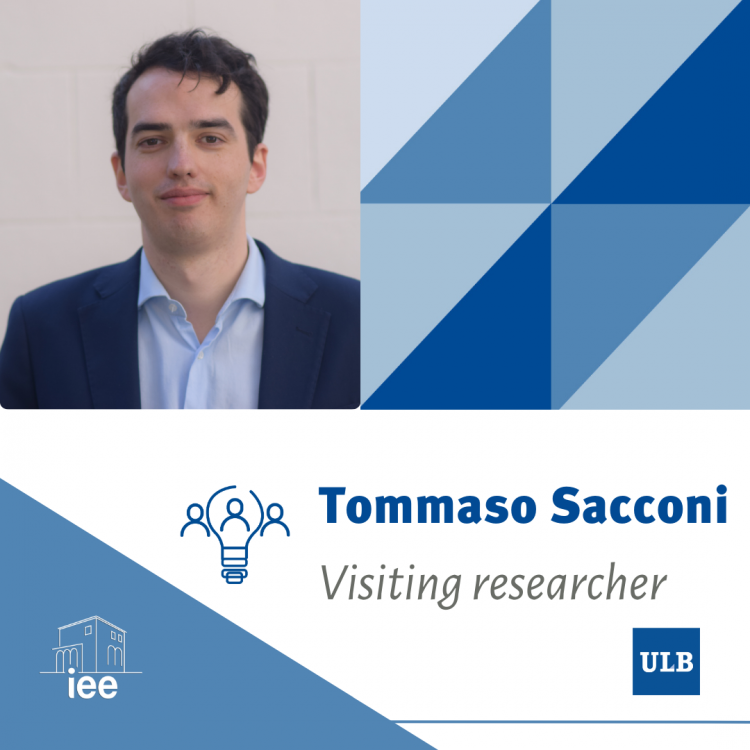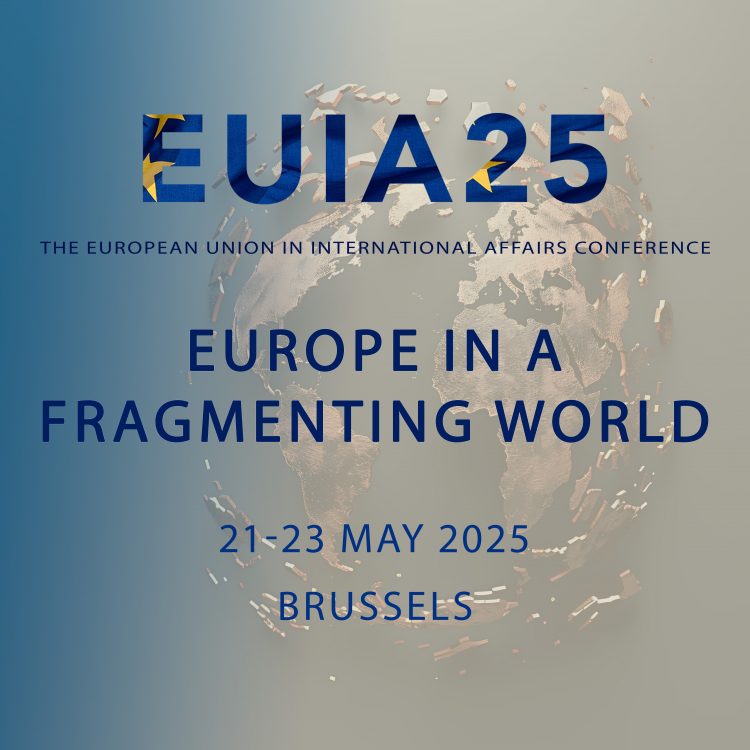Events unfolding in the beginning of 2020 have shown us that crisis communication is more than ever an essential component of communicating in the EU. Whether it is coming up with a response to a country attacking another; or a worldwide pandemic spreading accross the continent, have the EU and its communicators been up to the job?
By bringing together four courses designed by renowned academics and practitioners, Media, Information and Communication in the EU module offers practical skills, competences and a toolkit to communicate in and outside the EU’s ecosystem. Participants will gain the necessary academic background to navigate the Union’s current challenges in the field of information, communication and media. All classes will be online only.
The IEE-ULB is offering, until April 20th, a 15% discount on registrations for applicants to the online specialised module Media, Information and Communication in the EU of our Executive Certificate in European Union Studies.
To benefit from the discount, all you need to do is to include, on the “Additional comments” section of the application form, the promotional code #2020-email-discount-Media-Comm and, if your application is successful, pay the first instalment before the end of the promotion (April 20th).
Four courses to understand communication and EU information
If you are currently looking to refine your communication skills, and become more proficient in EU related information as well as in the main current debates around Media, Information and Communication in the EU our Executive programme in EU studies is for you. It is specifically designed for professionals in search for a flexible training programme in EU affairs.
The module “Media, Information and Communication in the EU” starts in the second half of April and is tailored to address the key issues that communicators in EU affairs are facing. Courses will be taught online.
Take your EU career to the next level! Download our brochure to know more about the programme.
Communicating Europe: New Challenges for the Digital Era
The current health crisis, like all the crises the EU has known, has come with its fair share of disinformation and EU communicators have needed to bring a quick response to fight this menace.
New media and communication tools have changed the way we all communicate. In a less structured environment, press releases, press conferences and lead articles no longer dominate the landscape. Social media have changed the way we access information: news spread faster, media are more interactive, and information is more difficult to regulate and verify.
All the online platforms are now working hand in hand with the European Commission in order to overcome the challenges of information in the Digital Era to communicate and bring an adequate response to the crisis.
Communication is crucial in all activities, especially in the Brussels’s ecosystem and within EU institutions. Being able to communicate effectively is one of the main challenges in today’s world.
This course will allow participants to acquire the main skills to become good and effective communicators, to understand how media information is shaped, specifically in the EU ecosystem.
The professor: Concha Lozano
Concha Lozano is a Graduate in Journalism from the Faculty of Information Sciences, Complutense University of Madrid.
She has spent the largest part of her career as an EU Correspondent in Brussels working for a Spanish radio (CADENA COPE) for over 15 years. As such, she developed a deep understanding of all EU Institutions while covering the most relevant EU events.
Lozano also worked as press officer of the Spanish Delegation of the EPP Group in the European Parliament. Her work in the communication department enabled her to acquire a sound knowledge of the EU decision-making process and the Parliament’s internal working methods and procedures.
Media in the EU
In the recent years, as the EU has faced different crises and growing public contestations of its institutions and legitimacy, the different actors in the sectors have had to rethink the way they are communicating.
Actors outside the institutions must also make sense of how to get through the noise of so called “fake news” and the constant influx on information to understand the opportunities for the media sector in EU affairs. But is there a thing such as a European Public Sphere that can allow for it? These issues will be addressed in this class of the Media, Information and Communication module.
In order to be an efficient communicator, actors should understand the structure and issues that the media sector is facing. This is an essential key to better interact on a daily basis with journalist and editors, but also make sure that their message gets straight to their audience.
The professors: Christophe Leclercq and Luciano Morganti
Christophe Leclercq is the founder of the EURACTIV media network & Fondation EURACTIV. He is a former member of the EU High-Level Expert Group (HLEG) on disinformation. Leclercq also moderates conferences, speaks at policy and corporate events, and helps boards and media associations.
Luciano Morganti is professor and senior researcher at the VUB/ES in the Communication Department, where he teaches courses related to New Media, the EU and the European Public Sphere, and Internet Governance.
EU Fact Finding
The European Union has recently celebrated the 25th anniversary of its “Europa” website. In 1995, the European Commission had launched this website in three languages. As a mark of its success and necessity, the website has quickly become the second most visited website in the world at the time.
It is now one of the most reliable sources of documentation on institutional information. But since then, sources have multiplied, and it is not always obvious to know how and where to find the most reliable information for your organisation.
EU Fact Finding is a focused, hands-on course in which participants learn how to find their way through the of EU-related websites and databases so to efficiently and rapidly find the (EU related) information they are looking for.
The professor: Luciano Morganti
Luciano Morganti is professor and senior researcher at the VUB/ES in the Communication Department, where he teaches courses related to New Media, the EU and the European Public Sphere, and Internet Governance.
Public diplomacy: Challenges, Actors and Tools for Communicating Europe
The boundaries between lobbying, advocacy and diplomacy are not always clear-cut and can be extremely permeable. If diplomacy has long been portrayed as the prerogative of states (and its representatives) engaged in the management of international relations by negotiation and in a peaceful manner, it is now an essential feature of relations between non-State actors in EU affairs to increase connections and shape perceptions in and outside EU.
Indeed, even super-powers have nowadays to share the world stage with a growing cast of states and non-states actors, all with influence enhanced by new information and communication technologies.
The EU may be considered as a particular case study by its multilevel nature: while member states still perform at the world stage, the EU is an active actor with delegations all around the world and many other actors involved trying to perform at all scales of policy making.
This course aims at giving participants an in-depth knowledge of the issues at stake in the role of public diplomacy in EU governance; of the strategic actors in these exchanges; and of the key tools to use to efficiently communicate and advocate for an issue.
The professor: Xavier Carpentier-Tanguy
Xavier Carpentier-Tanguy is lecturer in Sciences Po Paris where he teaches international relations, art of negotiation and influence. His work mainly concerns political knowledge networks and political imagination in Europe, with a particular focus on think tanks.
Do you have any other questions? The Student Affairs Office can help. Please contact <strong>Olga Minampala</strong> at +32 (0)2 650 3374 or meus.iee@ulb.be for information regarding our Executive programmes.




